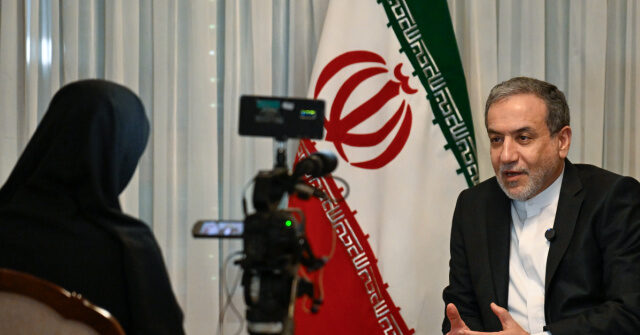A recent delegation from Iran, led by Ibrahim Azizi, head of the National Security and Foreign Policy Committee of the Iranian parliament, has visited Algeria and Tunisia to bolster Iran’s influence in Africa. The visit comes in the wake of Tehran’s mounting challenges, particularly after the fallout from its proxy war in Gaza. The delegation comprised influential figures, including the Iranian ambassador to Algeria, Mohammad Reza Babai. This outreach underscores Iran’s strategic interest in re-establishing friendships in the region amidst complex historical relations with these North African nations.
The relationship between Iran and Algeria is historically sensitive due to the legacy of Iran’s involvement in Algeria’s turbulent civil war during the 1990s, aptly termed the “Black Decade.” The Algerian Civil War, sparked by the cancellation of elections, saw both insurgents and government forces enact brutal violence, leading to over 200,000 deaths and affecting nearly every Algerian household. Iran’s support for the insurgency has left deep-seated resentment within Algeria, with many citizens perceiving Tehran as a promoter of Shiite extremism. Despite the improved diplomatic ties since the 2000s, the historical animosity remains a potential obstacle to fully normalized relations.
In recent months, Algeria and Iran have made concerted efforts to strengthen their bilateral relations, focusing on shared economic and strategic interests, such as their opposition to Israel’s military actions against Hamas in Gaza. Iran’s desire to foster closer ties with Algeria is also strategically timed, considering Algeria’s recent appointment to a non-permanent seat on the U.N. Security Council starting January 2024. As Algeria leverages its position in international politics against Israel, the visit by the Iranian delegation aims to enhance diplomatic collaboration and consolidate common stances on various regional issues.
Tunisia presents another avenue for Iran to expand its influence in North Africa, particularly following Tunisian President Kais Saied’s visit to Tehran earlier this year for the funeral of the late Iranian President Ebrahim Raisi. Saied’s visit was significant as he became the first Tunisian leader to travel to Iran in nearly six decades, signaling a potential shift in Tunisia’s foreign policy. Observers have suggested that Saied’s outreach to Iran may be a reaction to growing displeasure among Western nations with his autocratic governance and a pivot towards anti-Western alliances, which may include Iran, China, and Russia.
Interestingly, Saied’s alignment with Iran seems to have roots in his earlier visit to Algeria, where he was honored and connected with leaders from Middle Eastern nations that support nationalistic sentiments. Saied’s foreign policy indicates a clear inclination towards creating ties with Arab nationalist powers, particularly as Sunni powers like Saudi Arabia display reluctance to support his confrontational stance against the West. As he navigates this complex geopolitical landscape, Saied has openly distanced himself from normalization efforts with Israel, a stance that resonates with his vision of Arab solidarity.
As of August 2023, Saied has been vocal about his anti-Israel sentiments, calling for the removal of Israel from all occupied territories. His support for the use of violence by Palestinians, labeling it as “legitimate resistance,” further solidifies Tunisia’s position against normalization efforts with Israel. While Saied appears to be tactically maintaining connections with Western powers, his recent actions suggest an intent to draw in alliances from countries like Iran, reflecting a strategic calculus that involves balancing relations with both Western countries and the emerging bloc represented by Iran, Russia, and China. This Iranian delegation’s visit thus represents a critical move by Tehran to position itself favorably among North African nations, potentially setting the stage for deeper collaboration amid evolving regional dynamics.

